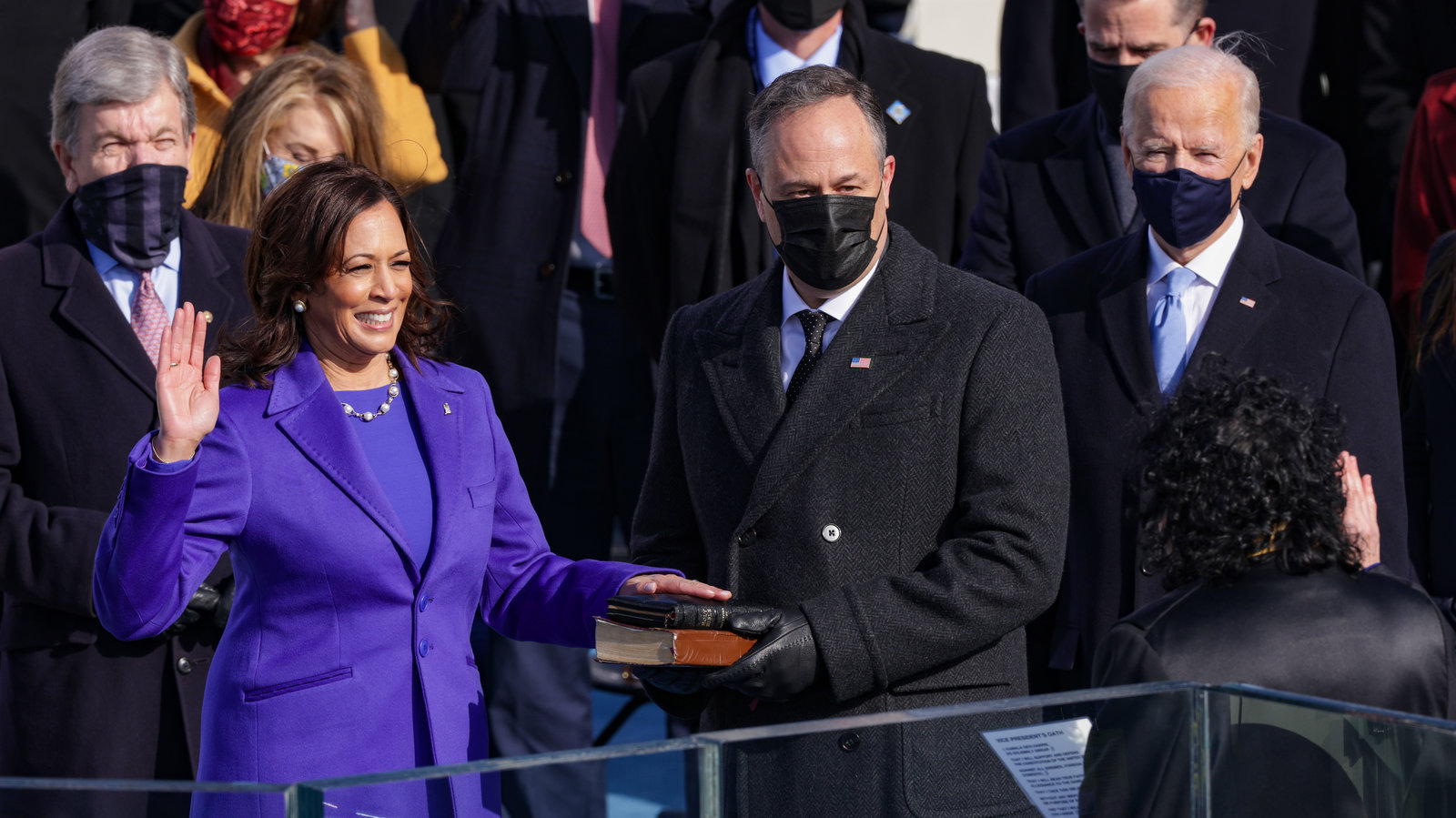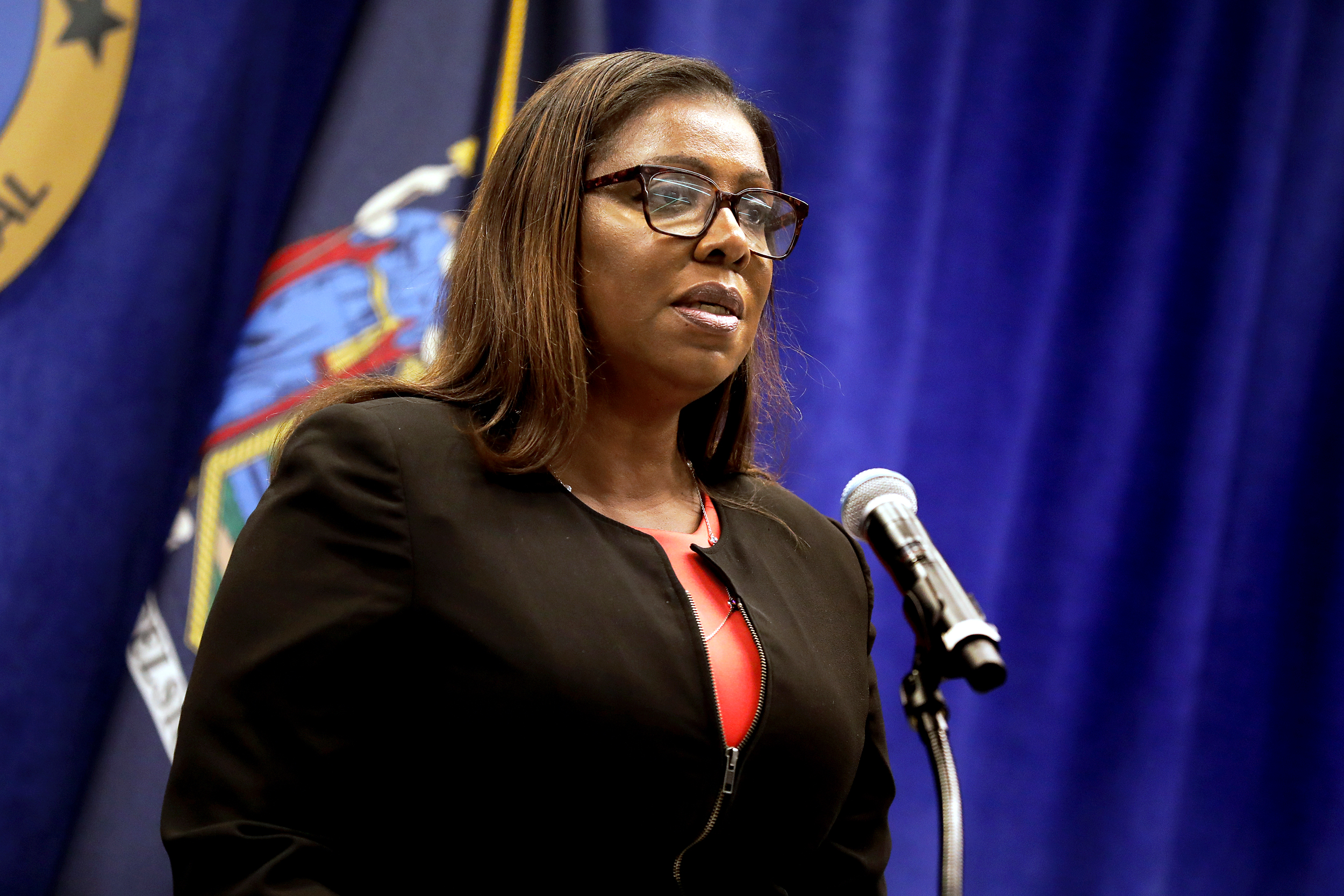
By the time a case reaches a defense attorney’s hands, every person who has touched it is an elected official. Statewide legislators in the House and Senate pass bills that become the laws the community must abide by. In many cities, including New Orleans, Louisiana, it’s part of the Mayor’s duties to appoint the police chief who prioritizes who and how people are arrested. Once in custody, the accused must appear before a Judge who will set their bond. With many layers of inequity enshrined in the bail process, most Black community members are unable to post bond, and therefore must remain in custody for the duration of their legal proceedings. It is the job of the sheriff to ensure that the people who are under their care have their needs met and exist with their dignity intact.
However, of all the state actors, the District Attorney is the most powerful person in the equation. The manner in which the case is navigated is orchestrated by whomever this individual is, and the opportunities to navigate cases humanly are vast due to the number of tools available in their tool chest.
So often, most of the decisions made by the district attorney are made without public input. This reality has the potential to bring stillness and serenity, or upheaval and chaos, for a person’s lifetime. A District Attorney has the ability to offer diversion and let someone participate in a program to prevent them from pleading or being found guilty. DA’s have the most knowledge of the facts of the case and are the first who are able to make a legal conclusion based on those facts. They evaluate those facts and determine if we will prosecute or not. They also use those facts to determine what charges to bring against the accused. The fate of who is deemed worthy of leniency, who will be granted humanity throughout the process leading to trial, who is allowed to be considered worthy of victim status, and who must be held accountable for any accusation rests at the Prosecution table. This is why it is CRUCIAL to have an ethical and equitable District Attorney.
As a country, we have grown accustomed to a system that restricts the liberty of its citizens, especially its citizens of color in such a zealous manner that we outweigh every other Nation in the world. The United States represents only five percent of the world’s population but holds twenty-five percent of its incarcerated population. This disturbing statistic makes the United States the world’s leading jailer. As Louisianaians’s we live at the epicenter of that reality with our statewide incarceration rate being more than twice the country’s average, making us the most incarcerated state in the most incarcerated country.
The statistics around racial disparities are staggering alone, but they are mirrored by the justice system statistics. For Black people, who constitute only 33% of state residents, we make up 52% of people in jail and 67% of the prison population. This means that one in every eighty-six adults are entangled in the criminal legal system. Moreover, Black Louisiana residents are more likely to receive a life sentence without parole than any other state. The lives of the people represented by these numbers are disrupted and the impact negates their ability to have employment, housing and food in turn impact how their families are able to live.
However, hope is at our fingertips. This fall, every District Attorney in Louisiana is up for re-election including the District Attorney of Louisiana’s largest prosecutor’s office (Orleans Parish). The incumbent, Leon Canazzario has decided not to seek reelection for the first time in twelve years. By participating in this year’s election, Orleans residents have a keen opportunity to elect a different kind of prosecutor. One that recognizes complications that communities live with. A person who has a desire for everyone who is netted in the justice system to be treated justly. New Orleans, for the first time in over a decade can experience a judicial system that doe not jail victimes of rape, violent crime. This November, New Orleans can change the tide .
On the Ballot this November, Louisiana has four candidates. First, Arthur Hunter, a former Criminal Judge, and police officer is well known for creating a re-entry program and his specialized court for veterans facing non-violent charges. Hunter runs on a liberal platform and vows to make “sweeping change” by way of bail reform, launching a conviction integrity unit, and stopping the conviction of minor marijuana charges.
For Former Judge Kena Landrum, this would be a return to the DA’s office, as she made history as the first Black woman District Attorney in the year 2007-2008. During her tenure, she provided leadership as a felony prosecutor, homicide and sex crimes screener, chief of the juvenile division, and chief screening division.
Next, in the running for DA is former Judge Morris Reed Sr., who has entered the race with experience as a former state prosecutor and a police officer.
Lastly, Former Judge and current City Council President, Jason Williams, is in the running for DA for the second time. Williams ran against the current DA, Leon Carnnizzaro, in 2008 on a “smart on crime” rather than “tough on crime” platform.
Every member of our community MUST pay attention to what each candidate says about how we would navigate the kinds of cases that many people find themselves fighting, i.e. drug charges, property crimes and cases involving juveniles. Voters must voice loudly to all candidates their demands and expectations.
We must always remember that WE are the People and our policymakers work FOR US!
By: Nia Weeks Founder and Executive Director of Citizen SHE and Citizen SHE United
Makala Graves, Chanelle Johnson, Rebecca Desta: Loyola New Orleans Law Clerks with Citizen SHE


